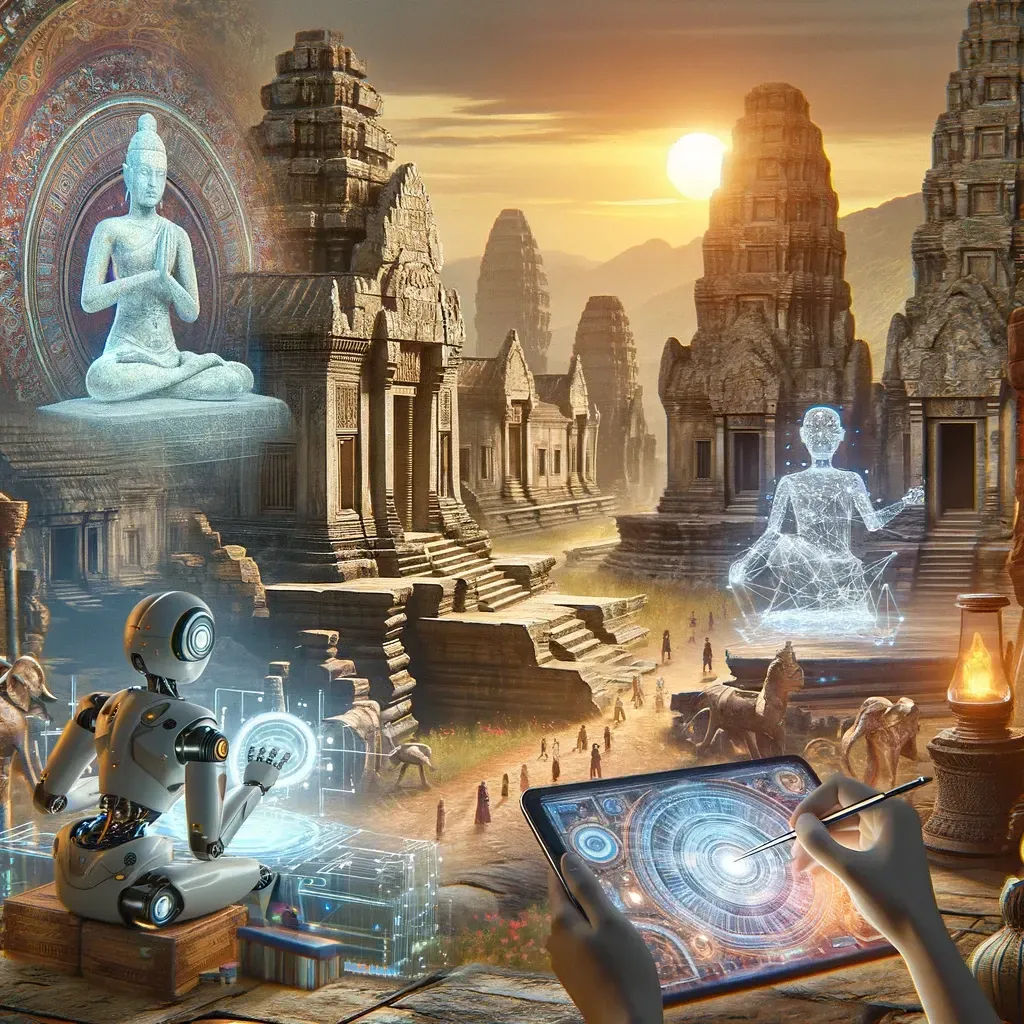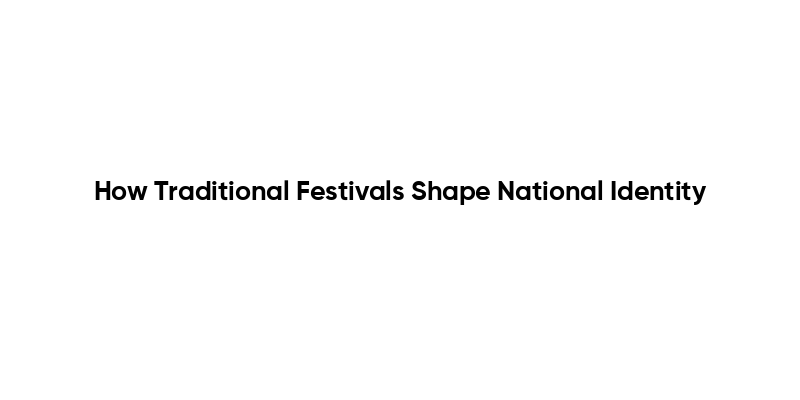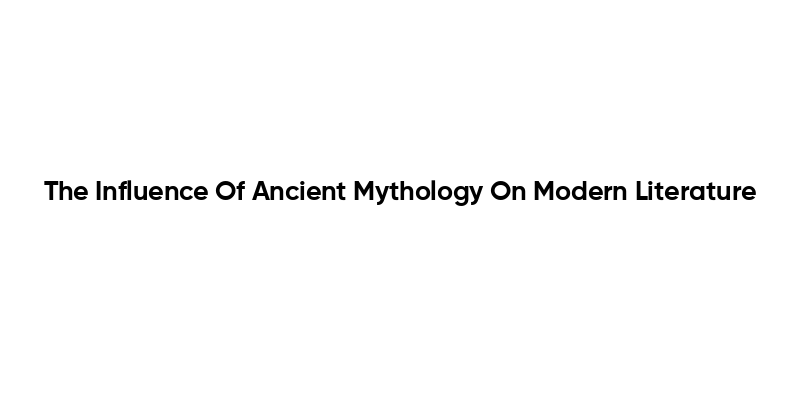The Future of Culture is not a fixed destination but a dynamic landscape formed by technology, migration, creativity, and shared stories. As 2025 approaches and beyond, culture unfolds as a living ecosystem, woven from diverse voices, new media, and global collaboration. Cultural trends 2025 reveal how short-form video, AI-assisted creation, and platform ecosystems redefine artistic expression. The dialogue around global culture trends, culture in 2025, and trends shaping culture underscores how identity, exchange, and meaning travel across borders. In this evolving scene, digital culture 2025 demonstrates how communities curate and remix ideas, turning technology into a tool for imagination.
From another angle, this evolving cultural terrain can be described as an emergent cultural ecosystem driven by shared creativity, cross-border collaboration, and participatory media. The idea of a living cultural landscape emphasizes how identity, memory, and innovation mingle in everyday practice. LSI-friendly terms such as evolving cultural practices, digital storytelling networks, and participatory media economies help frame the discussion without relying on a single label. In practical terms, institutions, educators, and creators are encouraged to foster open dialogue, co-creation, and responsible use of technology to shape this broader cultural trajectory. Viewed through this lens, the long-term future of cultural life appears as a collaborative, inclusive, and adaptive system rather than a fixed canon.
Future of Culture in 2025: Digital Culture, AI, and Global Collaboration
The Future of Culture is not a fixed destination but a living map that expands as technology, migration, and shared storytelling intersect. In 2025, digital culture becomes the primary lens through which people experience and participate in culture, with platforms that enable rapid creation and remixing—short-form video, live streams, podcasts, and immersive formats—redefining art, music, and education. AI-assisted creativity lowers barriers to entry, letting writers, musicians, and designers from diverse backgrounds prototype ideas quickly, so culture in 2025 grows more democratic and reflective of a wider range of voices. This shift aligns with global culture trends, where audiences increasingly act as co-curators, shaping what resonates across different communities.
Yet the promise of digital culture 2025 comes with responsibility. As outputs multiply, questions of originality, authorship, and ethical use of AI-generated content require clear norms and safeguards. The Future of Culture will hinge on balancing innovation with accountability, ensuring that technology augments human imagination rather than eclipsing it. In this context, digital intermediation—streaming, interactive apps, and social networks—drives not only entertainment but education, civic life, and daily rituals, emphasizing digital literacy as a core cultural skill. By embracing both the opportunities and challenges of the digital era, we can cultivate a culture that respects diverse voices while maintaining rigorous standards for integrity and inclusion.
Trends Shaping Culture in 2025: Inclusion, Education, and Global Exchange
A central feature of culture in 2025 is inclusion—building narratives that elevate underrepresented groups and reflect a broader spectrum of human experience. This shift is visible across media, galleries, museums, and public spaces, where representation becomes an ongoing dialogue about power, access, and cultural sovereignty. Cultural inclusion is not tokenistic; it is a practice of co-creation, community leadership, and ethical storytelling that recognizes diverse identities as assets. This movement intersects with cultural trends 2025 as societies increasingly prioritize equitable access to education, programming, and representation, ensuring that global culture trends incorporate voices from marginalized communities.
Global exchange remains a defining force, with diasporic communities blending traditions into new contexts and local cultures borrowing from global sources to create hybrid forms. The result is culture in 2025 that is cosmopolitan, nuanced, and deeply rooted in place. Education and public life respond by integrating arts with science, history, and civic engagement, preparing citizens to participate in a more interconnected world. Museums, libraries, and universities reimagine themselves as dialogue spaces—fostering critical thinking, digital fluency, and empathy—so that the future of culture benefits from both innovation and stewardship. In this era, trends shaping culture emerge where technology, economy, and human connection converge to empower inclusive, sustainable cultural ecosystems.
Frequently Asked Questions
How is the Future of Culture in 2025 shaped by digital culture 2025 and global culture trends, and what are the key trends shaping culture?
In 2025, the Future of Culture is a dynamic, tech-enabled ecosystem. Digital culture 2025 platforms for short-form content, live streams, and AI-assisted creativity enable more voices to participate and remix ideas, while global culture trends drive hybrid forms that blend traditions with new media. The evolution emphasizes digital literacy, ethics, authorship, and dialogue, ensuring innovation enhances human creativity rather than overrides it. In short, culture in 2025 is collaborative, diverse, and shaped by technology and shared storytelling.
What roles do inclusion, AI, and digital platforms play in the Future of Culture and culture in 2025 within the context of cultural trends 2025?
Across the Future of Culture, inclusion and diverse narratives are central. AI-driven creativity and data-driven personalization expands who can create and engage, reflecting culture in 2025 and cultural trends 2025. Museums, education, media, and communities are increasingly using co-creation and participatory formats, guided by digital culture 2025, to foster dialogue and empowerment. The ongoing emphasis on digital citizenship, ethics, and responsible innovation defines a sustainable, global cultural ecosystem beyond 2025.
| Topic | Key Points | Implications |
|---|---|---|
| Digital Culture and Technology | AI assists in generating music, visual art, and writing; lowers barriers to entry; enables diverse voices to prototype ideas quickly; raises concerns about originality, authorship, and ethical use; AI serves as a facilitator to augment human creativity rather than replace it. | Promotes broader participation with safeguards and norms to address ethics, ownership, and accountability. |
| Global Culture Trends and Exchange | Globalization accelerates cross-cultural exchange; diasporic traditions blend with new contexts to create hybrid forms; cultural authenticity and consent become central topics; representation and collective responsibility matter as ideas travel fast. | Fosters thoughtful dialogue, inclusive practices, and policies that protect marginalized voices while embracing cross-cultural collaboration. |
| Culture, Identity, and Inclusion | Inclusive narratives elevate underrepresented groups; culture reflects a broader spectrum of humanity; ongoing dialogue about power, access, and cultural sovereignty; community-led initiatives shape a more equitable future. | Supports equitable access to cultural production and participation; education and community programs become central to cultural vitality. |
| Cultural Institutions, Education, and Public Life | Museums, libraries, universities, and nonprofits reimagine roles as dynamic hubs for dialogue and co-creation; interdisciplinary learning links arts with science and civic life; emphasis on digital fluency and empathy. | Encourages participatory programs, open access, and curricula that prepare citizens for global conversations. |
| Media, Entertainment, and Creative Economy | Participatory culture where audiences co-create content and fund creators; niche genres flourish; inclusive storytelling broadens representation; a democratized ecosystem for independent creators and educators. | Drives audience-centric formats and diverse monetization models that support sustainable creative work. |
| Ethics, Rights, and Digital Citizenship | Rights to representation, fair compensation, privacy, and consent are central; copyright reforms and data ownership debates; governance frameworks and responsible online conduct matter. | Underpins trust, accountability, and inclusive participation in digital spaces. |
| The Role of Data, Measurement, and Reflection | Data analytics illuminate what resonates and how communities engage; qualitative stories and community-led evaluations reveal deeper significance; balance quantitative metrics with human narratives. | Informs more responsive and equitable cultural strategies. |
| Beyond 2025: Emerging Forces and Long-Term Trajectories | Climate awareness, Indigenous knowledge, biotech, space exploration, and immersive tech may shape new forms of cultural expression; culture evolves where people imagine together; emphasis on education, dialogue, and equitable access. | Encourages proactive adaptation and inclusive, sustainable cultural innovation. |



